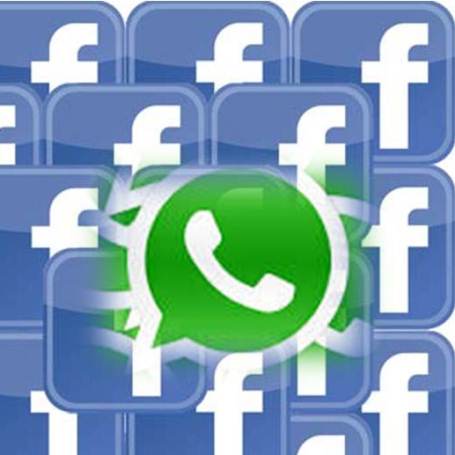
Israel

Israel’s ‘Facebook bill’ could hamper free speech
TALI FEINBERG
If passed into law, this will mean that social media platforms will be required to remove content deemed as criminal by the State. Some critics believe that rather than combat terrorism, it could have the opposite effect as it clamps down free speech.
The bill was brought about as a result of last year’s wave of terror in Israel. Justice Minister spokesperson Ayelet Shaked said this was sparked by and seeks to address “the Palestinian incitement against the State of Israel”.
After the bill’s first reading, Facebook put out a statement: “At Facebook, nothing is more important than community safety, and we work hard to keep people safe. We have zero tolerance for terrorists, praise for their acts and incitement to real-world violence. We work aggressively to remove it from our platform as soon as we become aware of it.”
But the bill is seen by many as a serious threat to free speech. Talking to the SA Jewish Report, local journalist Raymond Joseph posited: “Since there have been arrests and the detention of Palestinians for what Israel has termed ‘incitement through social media’, it would suggest that the intention of this bill is to legalise what is happening.
“I would question whether it is in fact to give Facebook – which is already co-operating with the Israeli authorities in monitoring and taking down ‘inciting posts’ – and other social networks a fig leaf of legal protection when ordered to take down what is deemed to be inappropriate.
“While the authorities seek to control social media content in areas under their control, it will not stop the rest of the world from posting, tweeting and commenting on Israel. Also, with the rise in end-to-end encrypted social communications tools like WhatsApp, Telegram and Signal, the law will not stop people speaking out – but could instead drive the chatter and discussions underground to networks that are out of the public eye.”
Veteran South African media expert, Raymond Louw says: “No cognisance seems to be taken between people expressing anger and frustration at the manner in which they are treated and a direct call for violence. The consequence is that readers of social media are denied access to the views expressed by people about what they feel about their treatment and circumstances. This is an unwarranted curb of freedom of expression.”
Local technology expert Arthur Goldstuck explains: “Generally, there are two sides to the issue: the need to remove content that is truly inciting, such as calls to violence and murder, and the attempt by governments to remove content that is critical of it.
“The former would not only be necessary, but essential, given the role social media can play in fomenting violence. The latter would be lamentable and even disgraceful, as would be an attack on freedom of speech, freedom of the press and civil liberties in general.
“The further issue at stake here is: Who will be the subject of resultant legal action? If it is intended only to target anti-Israel posts and not Israeli posts that call for violence and murder, then it would clearly be immoral and unjustifiable.”
Dr Tehilla Shwartz Altshuler, director of IDI’s Centre for Democratic Values and Institutions and head of the institute’s Media Reform and Open Government Programmes, says the bill in its current form is “inapplicable to the Internet. It would facilitate a disproportionate amount of censorship as the result of an inappropriate legal apparatus.
“When compared to online incitement legislation in other countries, the Facebook bill is legally unprecedented.”
Dr Shwartz Altshuler says the legislative proposal would create an absurd situation in which content that is censored only in Israel is distributed in other countries. The Internet makes it possible for surfers to use an unlimited variety of online platforms, which means that even if content is removed from one platform, this will not prevent its spread.
Says Louw: “The effect on social media users would be aggravated by censorship but it is difficult to forecast how they will respond and give vent to their frustrations,” he says. “And instead if combatting violence, it might be inciting it by curbing freedom of expression.”
In an age when the president of the United States tweets his every thought, ISIS posts its horrific crimes in online videos, and social media is used as a recruitment pool and battle cry, this issue will continue to create debate on some of the most important challenges of our time.
- The South African government stated this week it was contemplating regulating social media as well.





Gary Selikow
March 19, 2017 at 8:24 pm
‘The bill the ANC wants to pass on restricting social media posts is far more draconian than anything Israel is doing.’
Amerikaner
September 18, 2017 at 4:23 am
‘I would suggest that readers of this site go to the Elder of Ziyon (yes, that specific spelling) blog to see what kind of "freedom of expression" Facebook has been allowing, not to mention the fact that Facebook has already taken the approach of preventing certain kinds of posts being visible or not in particular locations (based on IPs). Not to mention this week’s news that Facebook had no issues selling space for antisemitic advertisement.’